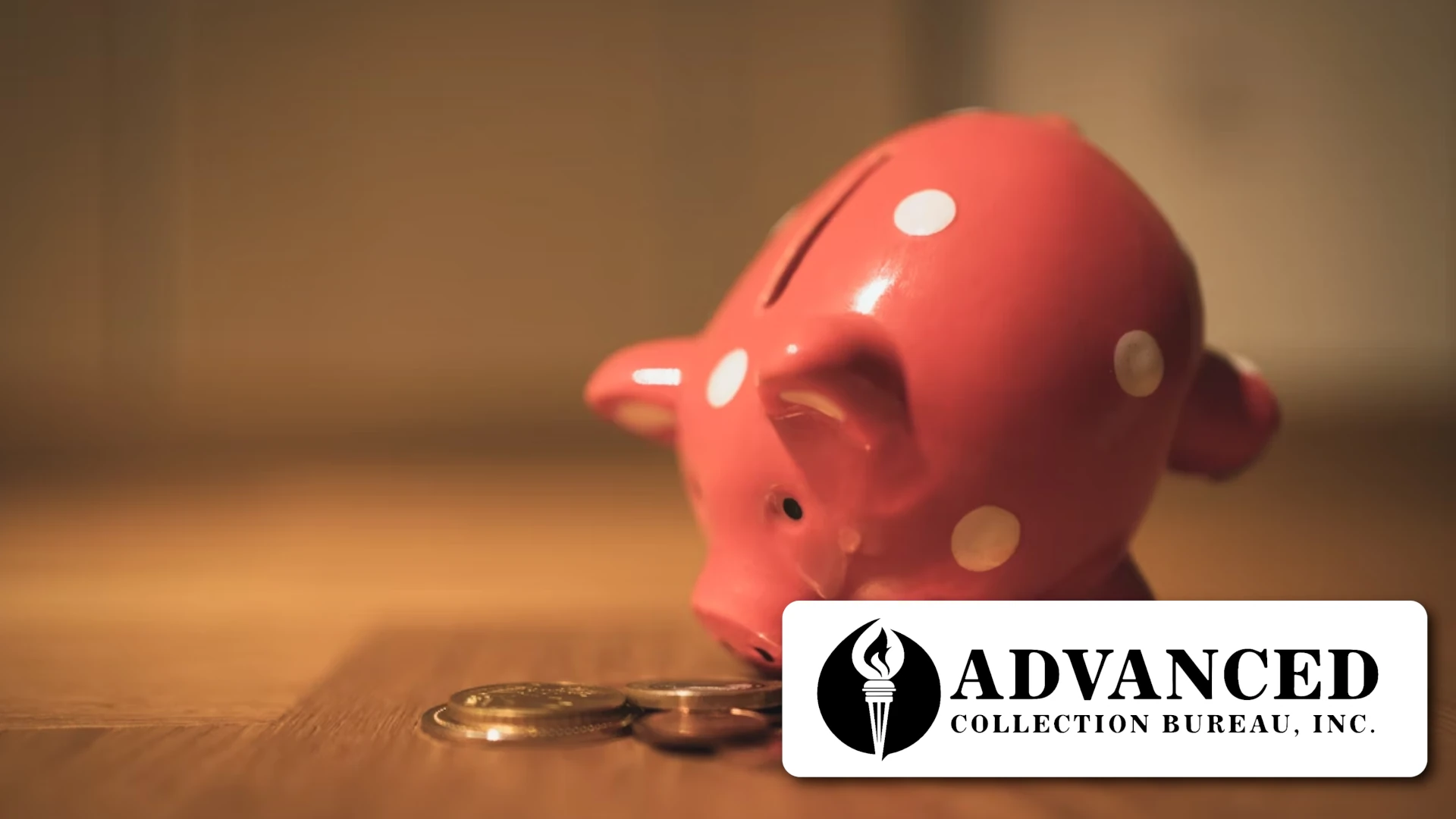Ignoring a debt in collections might seem like the easiest choice—especially when the phone calls start or letters pile up. But what really happens if you never pay? While some may assume it all just “goes away,” the truth is that unpaid collections can create long-term financial and legal consequences.
At Advanced Collection Bureau (ACB), we’ve helped both individuals and businesses understand the full picture of debt collection. If you're avoiding a collection account or trying to recover one, here’s what you need to know about what happens when collections are ignored.
Collections Don’t Vanish With Time
Unpaid collections don’t disappear. Once a debt is placed with a collection agency, it typically stays on your credit report for up to seven years from the original delinquency date. Even if you don’t hear from a collector for a while, that account continues to affect your credit score, which can hurt your ability to secure loans, rent housing, or even qualify for jobs.
If you're unsure whether old debts are still reportable, check out Does Debt Go Away If I Ignore It? to learn more about credit reporting timelines and legal limits.
Legal Action Is a Possibility
While not every unpaid collection leads to court, it remains a legal option for creditors and collection agencies. If the debt is within the statute of limitations, they may file a lawsuit to recover the amount owed. If you don’t respond, the court could issue a default judgment, which may result in wage garnishment, bank levies, or liens against your property.
Each state sets its own statute of limitations for collecting debt—usually ranging from three to six years, sometimes longer. That timeframe refers to how long someone can be sued, not how long the debt can be collected informally.
To explore how legal action unfolds in these cases, read What Happens If You Never Pay Back a Debt Collector?.
The Debt May Be Sold or Assigned Again
Sometimes, if you never pay, the debt may be sold or transferred to another agency. This often happens after a collection account has remained unresolved for a long time. While the new agency must follow federal laws and verify the debt, you may find yourself facing new outreach efforts.
At ACB, we follow all legal requirements and uphold a professional, respectful approach throughout the recovery process. We never outsource our collections and maintain strict compliance to protect everyone involved.
For a closer look at the responsibilities of agencies, visit What Do You Call Someone Who Collects Debt?.
Credit Impact Can Be Long-Lasting
Even if you never get sued, ignoring a collection can drag down your credit for years. A low credit score can mean higher interest rates, security deposit requirements, or application denials. And even after the seven-year mark, some lenders may still ask about past delinquencies.
That’s why resolving the account—either through full payment or a negotiated settlement—is often the smarter long-term decision. Learn more in Is It Worth It to Pay Off Collections?.
A Better Path Forward
If you're a consumer overwhelmed by debt, or a property manager frustrated with unpaid rent, there are ways to move forward without creating unnecessary stress. At ACB, we help clients resolve collection accounts through flexible options and clear communication.
For businesses and landlords, our contingency-based model means you don’t pay unless we collect. We also provide dedicated account support, legal compliance, and advanced tools to locate and contact debtors effectively.














